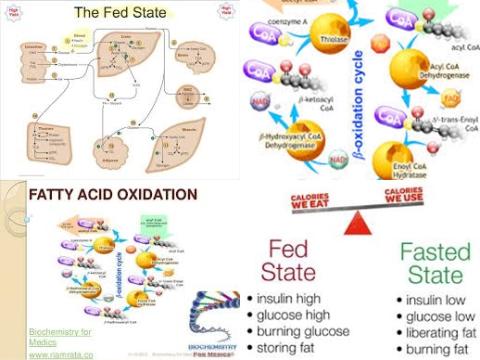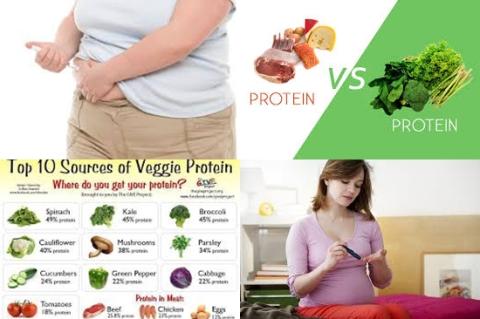Aerobic exercise performed in the fasted state induces higher fat oxidation than exercise performed in the fed state

Objectives:
What is the effect of aerobic exercise performed in the fasted versus fed states on fat and carbohydrate metabolism in adults?
Study design:
This review article included 27 studies with a total of 273 participants.
Results and conclusions:
The investigators found a significant increase in fat oxidation during aerobic exercise (duration ≤120 min) performed in the fasted state compared with fed state [WMD = -3.08 g, 95% CI = -5.38 to -0.79, I2 = 39.1%].
The investigators found the weighted mean difference of onesterified fatty acids (NEFA) concentrations was not significantly different between states [WMD = 0.00 mmol/L, 95 % CI = -0.07 to 0.08, I2 = 72.7 %].
The investigators found, however, the weighted mean differences of glucose [WMD = 0.78 mmol/L, 95% CI = 0.43 to 1.14, I2 = 90.8%] and insulin concentrations [WMD = 104.5 pmol/L, 95% CI = 70.8 to 138.2, I2 = 94.5%] were significantly higher for aerobic exercise (duration ≤120 min) performed in the fed state.
The investigators concluded that aerobic exercise (duration ≤120 min) performed in the fasted state induces higher fat oxidation than aerobic exercise performed in the fed state.
Original title:
Effects of aerobic exercise performed in fasted v. fed state on fat and carbohydrate metabolism in adults: a systematic review and meta-analysis by Vieira AF, Costa RR, […], Kruel LF.
Link:
https://www.ncbi.nlm.nih.gov/pubmed/27609363
Additional information of El Mondo:
Find more studies/information on physical activity and energy right here.
Aerobic exercise is any exercise that raises the heart rate and increases respiration (breathing). Examples of aerobic exercise are:
- Cross-country skiing
- Cycling
- Dancing
- Fast walking
- Hiking
- Jogging or running
-
Swimming
